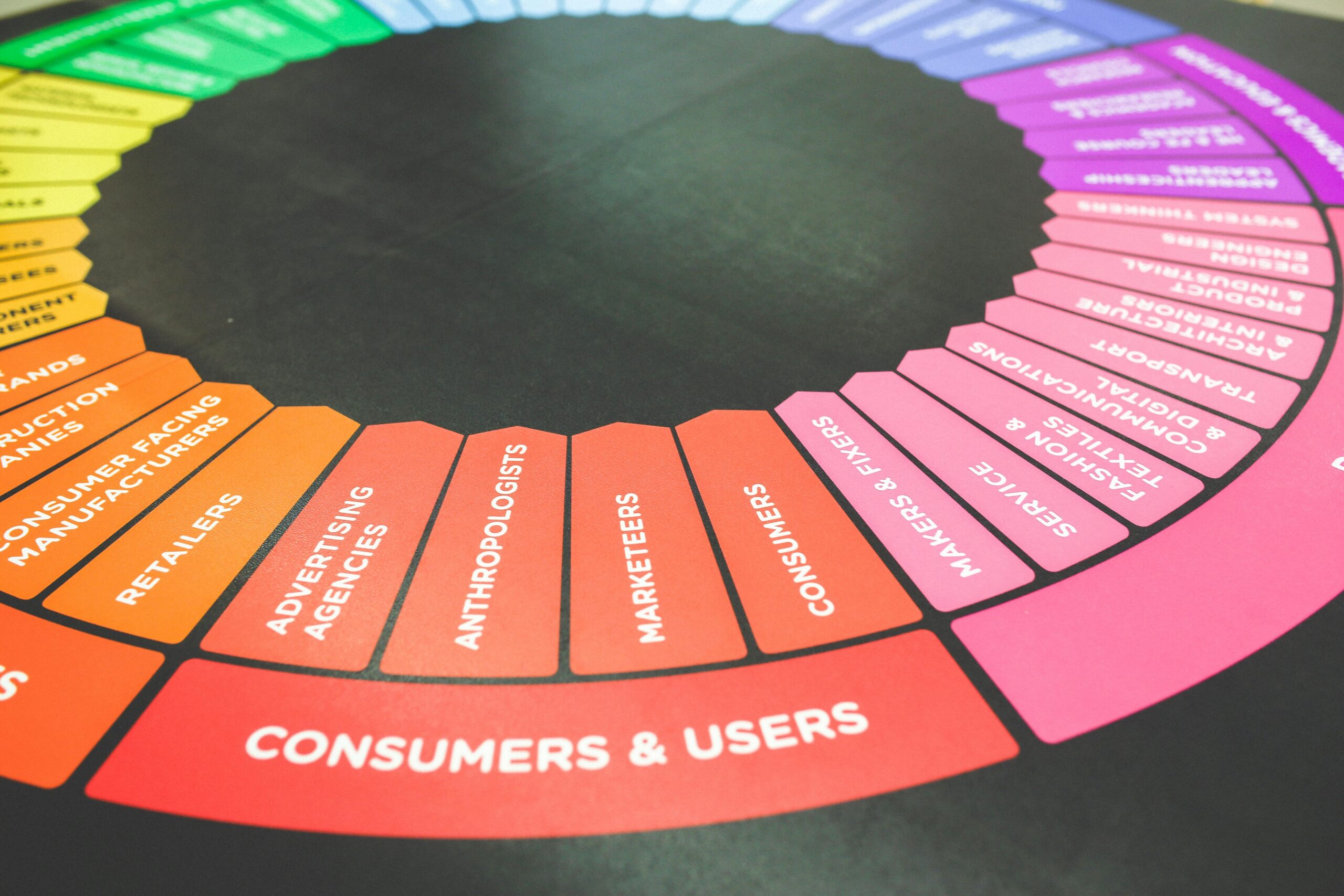## The Transformative Impact of Digital Solutions on Business Growth Post-Pandemic
The COVID-19 pandemic dramatically accelerated the adoption of digital solutions across industries, fundamentally reshaping the business landscape. While the shift towards digital was already underway, the pandemic served as a catalyst, forcing businesses to adapt quickly or risk obsolescence. In a post-pandemic world, digital solutions are no longer optional but essential for survival and growth. From digital marketing strategies utilizing AI to sophisticated website and app development, embracing these technologies has become crucial for navigating the new normal and achieving sustained business growth.
The pandemic significantly altered consumer behavior, driving a surge in online activity and digital engagement. This shift necessitates a robust digital marketing strategy that effectively targets and engages audiences across various digital channels. Traditional marketing methods have become less effective, highlighting the importance of a data-driven approach that leverages the power of digital marketing tools and techniques.
SEO and Content Marketing:
Optimizing websites and content for search engines remains a cornerstone of digital marketing. Creating high-quality, relevant content that resonates with target audiences is essential for attracting organic traffic and establishing thought leadership. In the post-pandemic world, content that addresses evolving consumer needs and anxieties can be particularly impactful.
Social Media Marketing:
Social media platforms have become vital channels for engaging with customers and building brand communities. A strategic social media presence can drive brand awareness, generate leads, and foster customer loyalty. Utilizing social listening tools to understand customer sentiment and adapt marketing strategies accordingly is increasingly critical.
Email Marketing:
Despite the rise of newer channels, email marketing remains a highly effective tool for nurturing leads and driving conversions. Personalized email campaigns that deliver targeted messages based on customer behavior and preferences can significantly improve engagement and ROI.
Paid Advertising:
Targeted advertising campaigns across search engines and social media platforms can effectively reach specific demographics and drive traffic to websites and landing pages. Optimizing ad campaigns for conversions and utilizing data analytics to track performance is crucial for maximizing ROI.
AI Marketing: Personalization and Efficiency at Scale
Artificial intelligence is rapidly transforming the digital marketing landscape, enabling businesses to personalize customer experiences, automate tasks, and optimize campaigns with unprecedented precision. AI-powered marketing tools are increasingly essential for achieving sustainable growth in the post-pandemic era.
Personalized Recommendations:
AI algorithms analyze vast amounts of customer data to deliver personalized product recommendations, tailored content, and targeted offers. This level of personalization enhances customer engagement and drives conversions by providing relevant and timely information.
Chatbots and Virtual Assistants:
AI-powered chatbots and virtual assistants provide instant customer support and automate routine tasks, freeing up human resources to focus on more strategic initiatives. These tools can significantly improve customer satisfaction and operational efficiency.
Predictive Analytics:
AI algorithms can analyze historical data and predict future trends, enabling businesses to anticipate customer behavior and optimize marketing campaigns accordingly. This predictive capability allows for proactive adjustments and maximizes the impact of marketing efforts.
Programmatic Advertising:
AI-powered programmatic advertising automates the buying and selling of ad space, optimizing campaigns in real-time based on performance data. This approach maximizes ad spend efficiency and delivers targeted ads to the right audience at the right time.
Website Development: The Digital Storefront
A well-designed and functional website is the cornerstone of any successful digital strategy. In the post-pandemic world, websites have become the primary point of contact for many businesses, serving as a digital storefront, information hub, and customer service platform.
User Experience (UX) Design:
Prioritizing user experience is paramount. Websites must be intuitive, easy to navigate, and provide a seamless experience across all devices. A positive UX encourages visitors to explore the website, engage with content, and ultimately convert into customers.
Mobile Optimization:
With the increasing prevalence of mobile devices, ensuring website responsiveness across different screen sizes is essential. A mobile-friendly website ensures accessibility for a wider audience and enhances user experience.
E-commerce Integration:
For businesses selling products or services online, seamless e-commerce integration is crucial. A secure and efficient online checkout process simplifies the purchasing journey and encourages conversions.
Data Analytics Integration:
Integrating website analytics tools allows businesses to track website traffic, user behavior, and conversion rates. This data provides valuable insights into website performance and informs optimization strategies.
App Development: Enhancing Customer Engagement and Loyalty
Mobile apps have become increasingly important for businesses seeking to enhance customer engagement and build brand loyalty. Apps provide a direct channel for communication, personalized experiences, and convenient access to products and services.
Personalized Content and Offers:
Apps allow businesses to deliver personalized content and targeted offers based on user behavior and preferences. This level of personalization enhances customer engagement and drives repeat purchases.
Loyalty Programs and Rewards:
Integrating loyalty programs and rewards systems within apps can incentivize customer engagement and foster brand loyalty. Exclusive offers and rewards for app users can drive repeat business and increase customer lifetime value.
Push Notifications:
Push notifications provide a direct channel for communicating with app users, delivering timely updates, promotions, and personalized messages. This feature can significantly enhance customer engagement and drive conversions.
Location-Based Services:
Integrating location-based services into apps allows businesses to provide personalized recommendations and offers based on user location. This feature can be particularly effective for businesses with physical locations or those offering location-based services.
In conclusion, the post-pandemic business landscape demands a comprehensive and integrated approach to digital solutions. By effectively leveraging digital marketing strategies, incorporating AI-powered tools, developing user-centric websites, and creating engaging mobile apps, businesses can adapt to evolving consumer behavior, enhance customer experiences, and achieve sustainable growth in the new digital age. The businesses that prioritize digital transformation and embrace these technologies will be best positioned to thrive in the competitive post-pandemic market.


